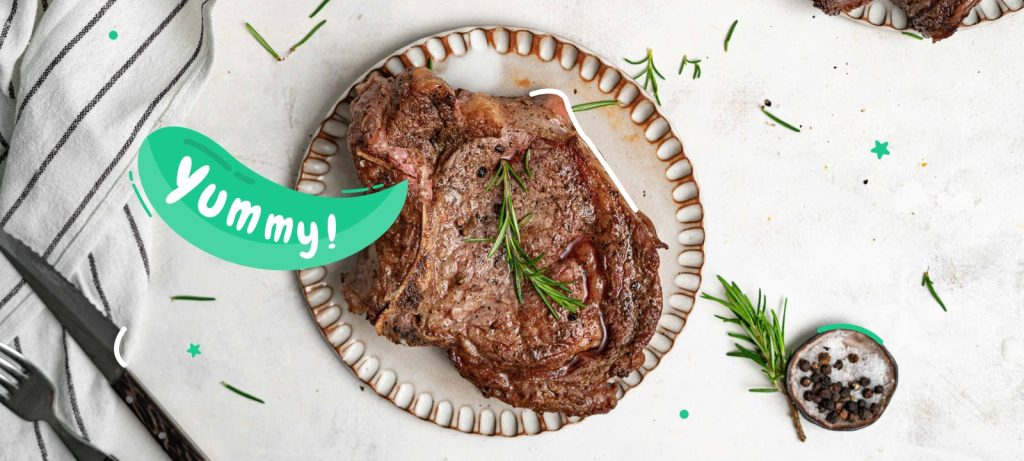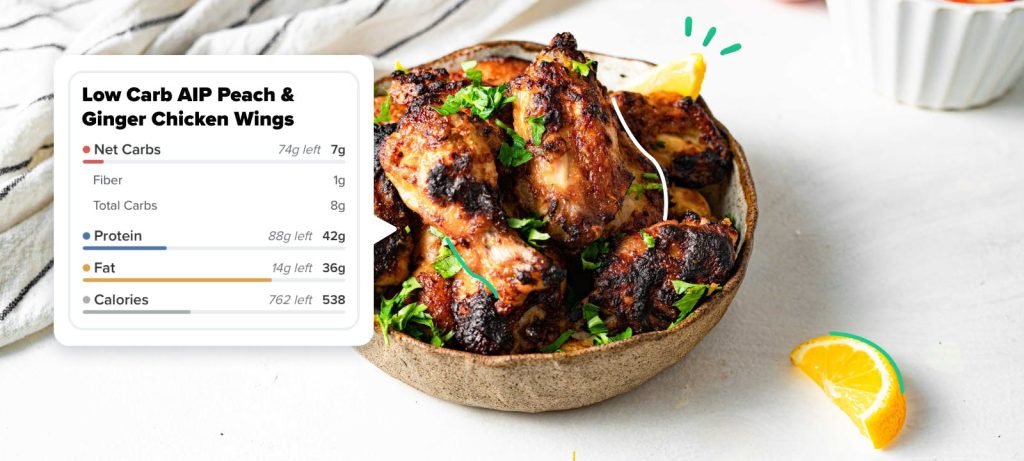Staying vegan on a low-carb diet can be challenging – not impossible, just difficult.
Vegan Keto dieting can be challenging for several reasons, including finding enough plant-based protein. Beans provide some nutrition but too many carbs to fit within Keto-friendly parameters.
As protein isn’t the only nutrient plants are lacking, it is critical that vegan low-carb dieters supplement wisely.

This article will give you all of the tools to successfully switch over to a Keto vegan diet. While it takes extra care and dedication, making this transition can happen successfully if your goal is avoiding animal products from Keto meals.
What Is Vegan Keto Diet? Vegan keto diets are very low-carb diets made entirely up of plant-based calories – no animal products like eggs and dairy allowed!
The macros on a standard Keto diet remain the same: 60-70% fat, 20-30% protein and less than 10% carbohydrates. Adopting such macros allows your body to burn fat more effectively while producing ketones–this process is known as entering ketosis.
What net carbs should a vegan keto dieter strive for each day? Probably less than 30 grams; therefore beans–an important source of protein, vitamins, and minerals–are generally off limits.
Vegan Keto allows any plant-based and low-carb foods as acceptable choices, including:
Healthy fats include coconut oil, avocados and olive oil; low-carb vegetables including spinach, kale, mushrooms, broccoli and asparagus are ideal; as are nuts and seeds such as almonds, macadamia nuts walnuts pumpkin seeds as well as protein powders from rice hemp pea protein as well as plant based sources like tofu tempeh seitan etc.
Foods to avoid include anything made from animals or containing significant carbs – that includes meat, fish, eggs, dairy products, honey, (most) fruit, beans, grains, sugar, or root vegetables.

Why Are Vegan Keto
Dieters Opting for Keto Diets? – This question contains two parts.
Why veganism or Keto dieting? One possible explanation may involve ethical concerns for forgoing animal products – factory farming is notoriously inhumane to chickens, cows, pigs and many other creatures living within its confines.
Environmental considerations may also play a part in choosing to become vegan. Plant-based diets have long been seen as more sustainable and less damaging to the planet than eating animal-derived produce like meat.
People may choose to become vegan for health reasons as well. Perhaps animal products don’t agree with them or they wish to lower their risk of chronic disease.
Population data indicates that vegetarians have better health outcomes than the general population, although it’s still not entirely clear what’s causing this trend. Could it be their plant-based diet or another factor, or maybe more vegetarians participate in healthy behaviors like exercising? Nobody really knows.
Specific to this research, vegetarian and vegan diets have been found to reduce cancer risks while simultaneously increasing fracture risks; yet their mortality rates remain comparable among vegans, vegetarians and occasional meat eaters.
Why Go Keto? The short answer to why we go Keto is that ketosis – the state where your fat burns off instead of energy stores – may assist in weight loss, blood sugar regulation, mental performance enhancement and (potentially) chronic disease risk reduction. For more on this topic, see our articles Keto for Weight Loss and Keto Beyond Weight Loss for further reading on this subject.

Challenges of Vegan Keto
Before venturing into Keto as a vegan, it’s wise to reflect on its potential obstacles. Here are the big ones.
1: Restrictive
A Keto diet–even one with only moderate restrictions–is inherently restrictive, forcing you to cut out carbohydrates entirely from your menu and dramatically altering what food options remain available to you.
Add veganism into the equation, and your menu options decrease even further.
Your food choices become more limited as your weight decreases, with an emphasis on plant-based, low-carb proteins like tofu and tempeh, healthy fats such as avocados, coconuts, olives, nuts and seeds as well as protein powders and low-carb vegetables as your main sources of calories.
2: Dining Out
Most restaurants can make a salad or vegetable-based dish that won’t interfere with your Keto vegan lifestyle, but without beans, eggs, meat or fish it likely won’t provide sufficient fuel. Ask for plant-based protein options from your server if available and add an extra drizzle of oil if possible to increase healthy fats in your meal. Your at-home nutrition plan should ensure all dietary requirements are met and it may help if emergency snacks are in stock at all times when leaving home.
3: Sufficient Protein Protein
consumption can be the biggest challenge facing plant-based Keto dieters.
What type of protein do I need for muscle health and other essential functions? That depends on your activity level. Here are the scientifically backed recommendations:
High Activity Level: 1.6 grams protein per kilogram body weight (100 grams for a 140-pound person); Moderate Activity: 1.3 grams protein per kilogram body weight (80 grams for a 140-pound person), while Minimum Activity Level is one gram per kilogram body weight (60 grams for a 140-pound person).
When in doubt, aim for the higher end of this spectrum. Most adults should aim for 100 grams per day as an optimal starting point; some individuals may need more.
There are various key protein options on a vegan Keto diet:
Nuts and seeds (phytic acid) inhibit mineral absorption while they also contain high quantities of omega 6 fats that may contribute to inflammation when eaten excessively. When it comes to nuts and seeds, moderation is key as overeating may occur quickly if consumed too frequently. TofuTempehSeitan are all great choices that may provide you with protein sources without overeating nuts and seeds!
There may also be plant-based “fake meats” with low carb counts available to you; however, as they tend to be highly processed foods and should only be relied upon as occasional treats in your diet, not for bulk protein provision.
4: Nutrient Deficits
Avoiding animal products makes it harder to obtain all the essential vitamins and minerals required for optimal health; however, supplementation and careful dietary choices can often fill most gaps. Continue reading.
How to Make Vegan Keto Work
Although vegan Keto can present numerous challenges, if you’re determined and follow these tips it can absolutely work for you. Focusing on getting in all the macro and micronutrients necessary for optimal health could lead to success with vegan Keto diets.
Here is a short list of supplements designed to enhance a vegan Keto diet:
B12 deficiency can be particularly common among vegetarians and vegans as this essential mineral for energy production and nervous system health cannot be found in plant foods at an adequate level. Choline supplementation should also be incorporated as part of their diet for optimal health. If you avoid meat, liver and eggs, chances are you are deficient in choline–an essential nutrient for fat processing in the liver–as well as omega-3s such as EPA and DHA that contribute to heart, brain and eye health. Vegans can consume algal oil-based supplements as an alternate source. Taurine, found predominantly in animal products, has been identified as an important longevity booster. Creatine increases strength while improving cognitive function; supplementation can remedy any losses in stores associated with vegetarianism.
By taking care to balance out your diet with proper nutrients and protein intake, you’ll find yourself more successful than most Keto vegans.

Vegan Keto Recipes
Are You Starting Out on Your Plant-Based Journey? Check Out Carb Manager Recipe Database for some tasty Vegan Keto options that may help to get you going: Here are a few of our Favorite Recipes that may get the ball rolling:
Eco-Keto Roasted Zucchini and Mushroom Soup
Keto Vegan Matcha Almond Butter Cups
Low Carb Vegan Chili and Taco Bowls with Low Carb Vegan Salted Caramel Mocha as Well.
Before we finish up this article, let’s sum up five tips to follow for a vegan keto diet:
Make an effort to consume at least 100 grams of protein daily. Most of this should come from vegan protein powders and low-carb plant-based proteins like tempeh, tofu and seitan; you could also get some from nuts; just don’t overdo it! Consumers may overeat, as well as consume an abundance of omega-6 fatty acids from these snacks, so be flexible with your approach. Are You Switching to Vegan Keto Diet for Environmental and Ethical Reasons? Try Meatless Mondays as an Introduction or simply decrease your meat and dairy consumption gradually over time. If you’re seeking to be predominantly plant-based while including some meat or dairy, make sure that it comes from grass-fed animals raised locally. When supplementing, take the supplements listed in the previous section as well as a well-formulated multivitamin to cover micronutrient needs. Experiment. Give vegan Keto for one week to see how you feel; is it better, worse or about the same?
Your answer to #5 should serve as the basis of any plans you devise together with any blood work or test results reviewed with your physician.
Explore all your options until you find a plan that’s both enjoyable and nourishing to reach a balance that supports healthful weight loss. From keto veganism to vegetarian Keto to adding back some carbs or even animal products, experiment until you discover an approach that makes sense to you – one that leaves you feeling strong and well!

